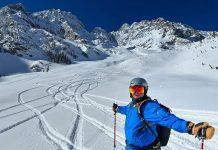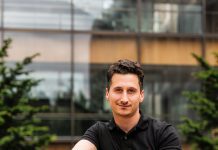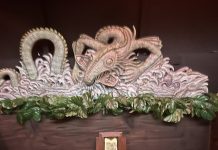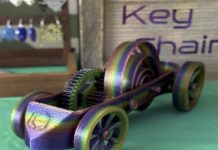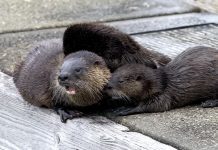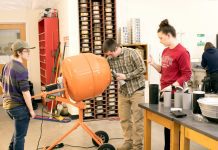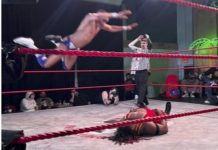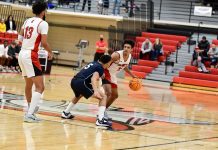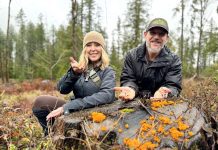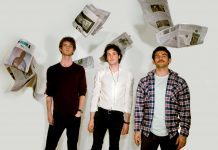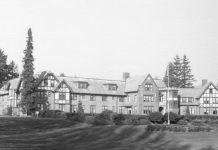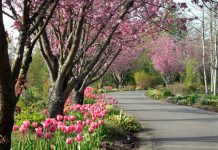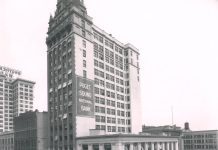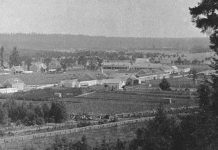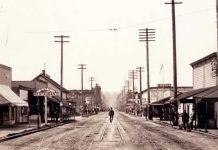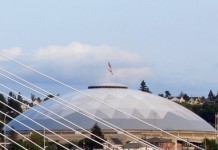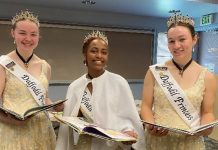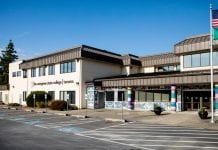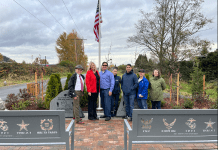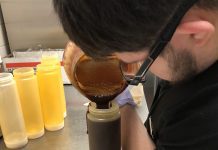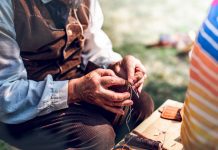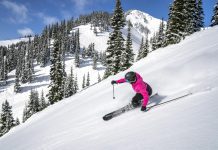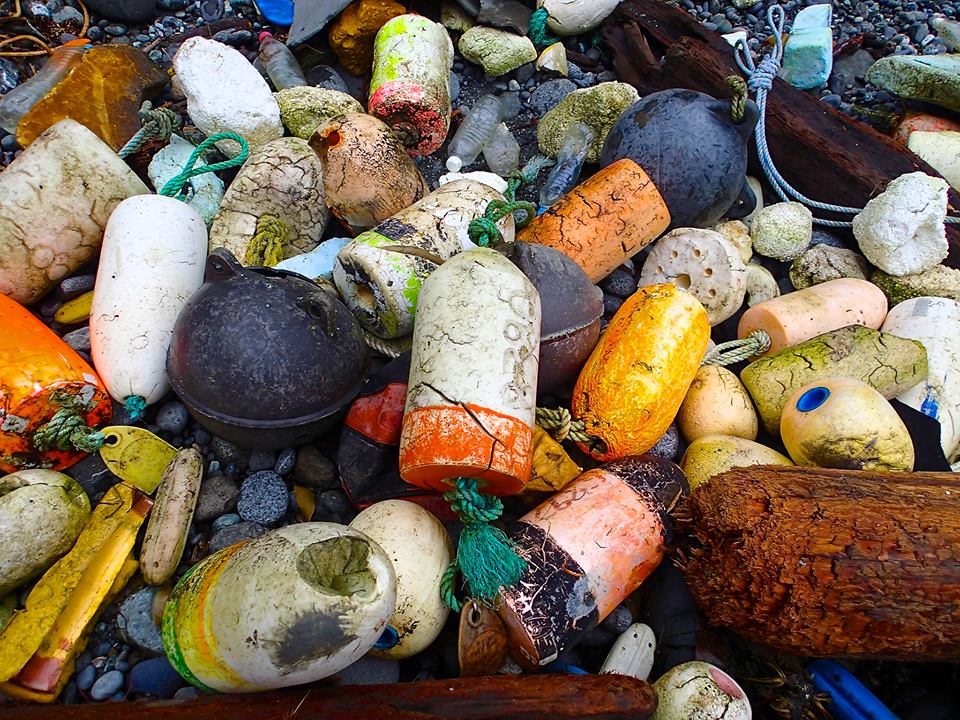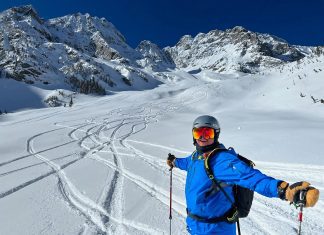If you’ve taken a stroll down one of the South Sound’s many beaches, chances are that you’ve seen litter on our shorelines in one form or another. One local group in the Puget Sound has made it their mission to take action to help keep our beaches clean, both locally and globally. The Ikkatsu Project was founded in Tacoma in 2012 and has a mission of combining exploration and education, while advocating to keep our coasts clean from pollution.
In March 2011, Japan’s devastating magnitude 9.0 earthquake struck deep below the seafloor, causing a major tsunami to wipe out more than 200 square miles of coastal land. In wake of this natural disaster, an estimated 5 million tons of debris sent an influx of pollution into the Pacific Ocean. The Ikkatsu Project ultimately formed as a response to taking action to clean up our local shorelines from the debris that was beginning to make landfall along Washington’s coast later that year. But what began as an initial concern for the foreign debris washing ashore quickly showed the group of volunteers that there was a much greater issue at hand.
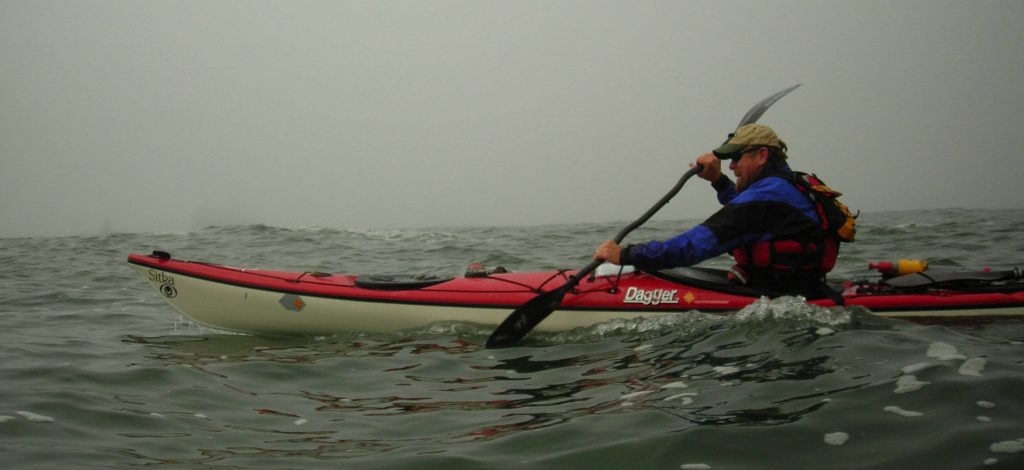
“We found tsunami debris, but what we found was that there was just a lot of debris in general, which became an issue for us pretty fast,” Ken Campbell, founder and project director of The Ikkatsu Project tells us.
In Japanese, the word Ikkatsu means together or united as one.
“We think of our name in the sense of when you’re out to dinner, and a waitress comes back at the end of your meal and asks you if you’ll be paying with separate checks or all together. So, we’re going to pitch in and pay for this all together.”
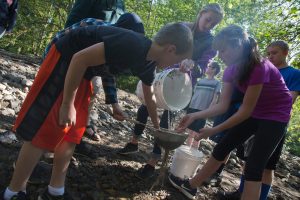
From the Puget Sound all the way to the Arctic Ocean, shorelines across the globe are becoming littered with debris consisting mostly of plastics, which are harmful to the environment and can be found even at microscopic levels. The Ikkatsu Project is helping tackle this worldwide issue by surveying and cleaning up beaches, while keeping records of their findings and sending that information off to the National Oceanic and Atmospheric Administration (NOAA) to help keep track of the health of our waters.
Members of the group can primarily be found kayaking to beaches throughout the Pacific Northwest and beyond to collect data and trash in locations that are otherwise difficult to access in any other way. For the last couple of years, volunteers from the Ikkatsu Project have even traveled to a remote island in Alaska where its coastlines are fully exposed to the wrath of the Pacific Ocean. Last summer alone, the group collected, surveyed and disposed of over 2,000 of pounds of plastics that washed ashore over the course of one year. By ensuring that the beach is 99% clean before returning back home, the Ikkatsu Project is able to identify how much pollution has accumulated in a one-year timespan when they return to survey the island the next summer.
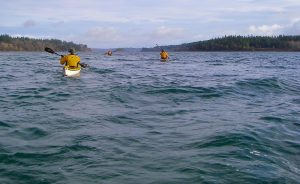
“There is a story behind all of the data, and the Ikkatsu Project programs are as much about adventure as they are about numbers, although both are primary goals of just about everything we do,” the group states. “The hope is that this whole effort can entertain as well as educate because, when done well, there is no difference between the two.”
The Ikkatsu Project works with public and private schools around the South Sound helping teach students of all levels about the affects of pollution. Most recently, The Ikkatsu Project has been spending time with students at Jason Lee Middle School and Annie Wright, performing lab studies to help students identify and see firsthand the amount of microplastics that inhabit our water.
Join the Ikkatsu Project this spring on Saturday, May 18, for their annual Tacoma Shoreline Survey, a one-day beach survey and cleanup that covers the entire 13-mile shoreline of the city of Tacoma.
“Essentially, it’s a beach cleanup, but before you pick the stuff up, you note that you’ve found it,” Ken Campbell says.
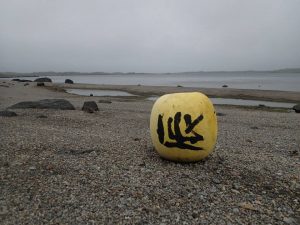
The Tacoma Shoreline Survey is a fun way for all ages to experience citizen science while promoting the stewardship of the Puget Sound’s marine environments. Volunteers are encouraged to participate and help clean up the shores of Tacoma’s beloved beaches. All debris will be properly recycled and the data collected will be used to identify specific problem areas along our shorelines and will help to prioritize future cleanups and ongoing studies. More information can be found on their Facebook page and registration to participate is free and now open online.
Ken Campbell founder of the Ikkatsu Project will also be speaking at Ocean Voices: Lightning Talks, hosted by the Point Defiance Zoo & Aquarium at various locations where local speakers will discuss ocean issues in short 10-minute lectures. Join Ken and other speakers at the University of Washington Tacoma campus’s Philip Hall on Tuesday, April 30 from 7:00 p.m. – 9:00 p.m., as they discuss how people are working hard to protect our ocean all the way from the tropical seas of Belize to shores of Commencement Bay.
To learn more about The Ikkatsu Project, visit their website or find them on Facebook for more information.

